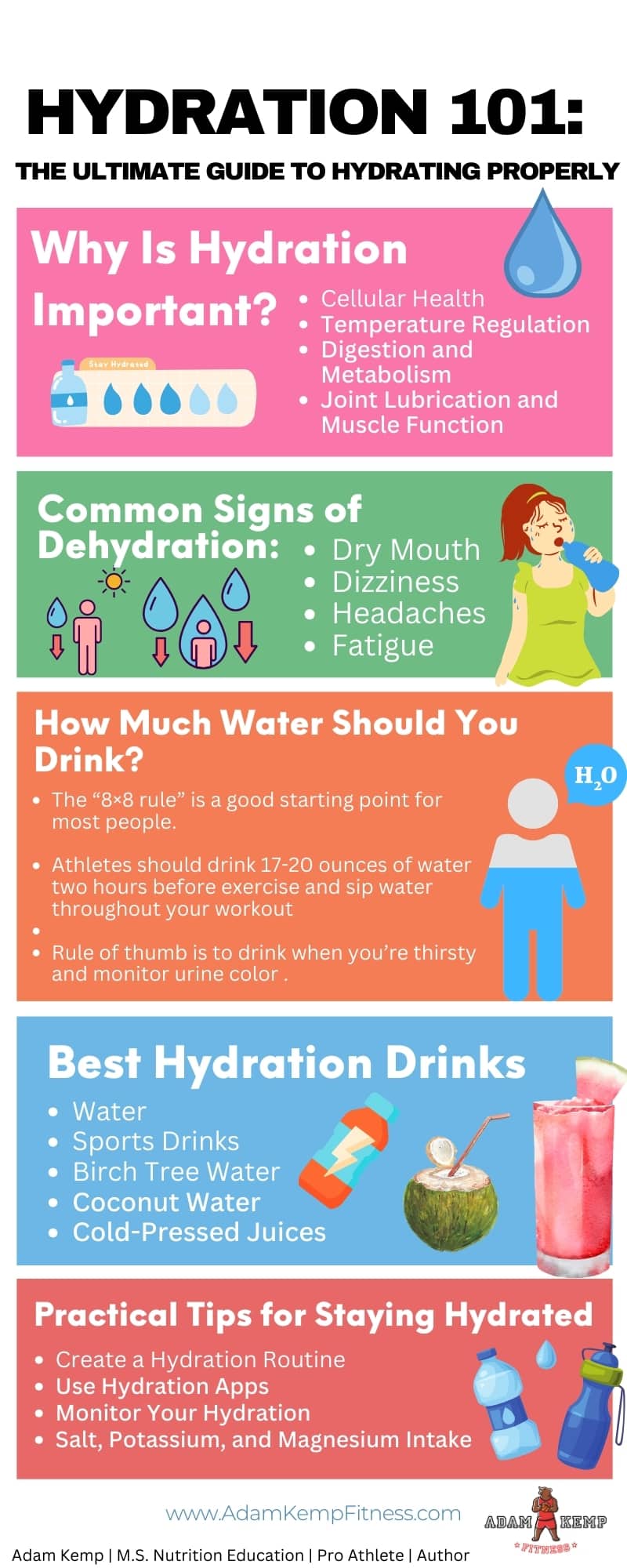How to Stay Healthy in Nursing School
Nursing school is one of the most physically and mentally demanding educational paths a person can take.
From long hours of clinicals to back-to-back exams, it’s easy to put your own health on the back burner while trying to succeed.
But knowing how to stay healthy in nursing school isn’t just a matter of personal well-being, it’s a professional responsibility.
When you learn to care for your own body and mind, you’re better equipped to care for your future patients.
Health in nursing school isn’t about perfection.
It’s about building small, consistent, healthy habits that support your energy, focus, immune system, and emotional resilience.
With thoughtful strategies, it’s possible to feel strong, energized, and focused, even with a packed schedule.
Why Is Staying Healthy in Nursing School Crucial?

Understanding how to stay healthy in nursing school is foundational, not just for academic success, but for long-term career sustainability.
Nursing education is a full-body experience.
It challenges your intellect, tests your emotional endurance, and requires physical stamina during clinical rotations and long study hours.
Neglecting personal health can lead to burnout, increased illness, chronic fatigue, and poor academic performance.
Research indicates that nursing students often experience high levels of stress, sleep deprivation, and poor dietary habits, all of which negatively affect learning outcomes and clinical performance (Ríos-Risquez & García-Izquierdo, 2016).
By staying healthy in nursing school, you protect your cognitive function, emotional resilience, and physical capacity.
This allows you to show up each day as your best self, focused, energized, and prepared to care for others with compassion and competence.
How to Stay Fit and Healthy While in Nursing School

Staying fit and healthy in nursing school requires more than just willpower, it takes intentional planning and smart habits that work with your lifestyle, not against it.
Between long clinical hours, lectures, and late-night study sessions, it’s easy to let your personal health slide.
But learning how to stay fit and healthy while in nursing school isn’t about perfection or rigid routines.
It’s about finding practical ways to move your body, fuel yourself well, and support recovery so you can keep showing up strong for yourself and your future patients.
Balancing Study and Self-Care in a Demanding Academic Schedule
Healthcare education is no walk in the park.
From science-heavy coursework to hands-on clinical training, you’re juggling a lot, often in a short time.
Students who enroll in 12-month accelerated nursing programs, for example, take on an intensive curriculum designed to help them earn their degree quickly.
These programs are structured to be completed in just one year, which means long days, tight deadlines, and a fast-paced schedule.
With so much to manage, exercise can easily fall by the wayside.
But fitting in regular physical activity doesn’t have to mean committing to an hour-long workout every day.
Even short, consistent bursts of movement like a 15-minute walk, stretching between study sessions, or some quick bodyweight exercises can help you maintain energy levels, reduce stress, and feel more focused during long study sessions.
The key is to be realistic.
You don’t need to hit the gym daily.
Instead, look at your schedule and find where small windows of movement can naturally fit in.
Over time, these small actions add up.
Choosing Quick, Effective Workouts That Fit Into a Tight Schedule
One of the best ways to stay healthy in nursing school with limited time is to focus on workouts that are short but effective.
High-intensity interval training (HIIT), for example, can give you a full-body workout in under 20 minutes.

If that feels too intense, try a simple circuit of bodyweight exercises like squats, push-ups, mountain climbers, and jumping jacks.
You don’t need any equipment, and you can do it right in your living room or even your dorm.
Walking is another underrated option.
If you live on or near campus, walking between classes instead of driving or taking the bus is a great way to stay active without needing extra time. Even a 10-minute walk after dinner can help you wind down and improve digestion.
When time is tight, the best workout is the one you’ll actually do. Keep it simple and consistent.
Prioritizing Movement During Long Shifts or Clinical Rotations
Once you move into clinical training or start working in a hospital or medical setting, you’ll likely spend hours on your feet.
While that counts as physical activity, it’s not always enough to support strength and flexibility, especially if you regularly lift patients or equipment.
Try starting your day with a short stretch routine to wake up your muscles and prevent stiffness.
After a long shift, foam rolling, gentle stretching or a quick walk can help your body recover.
On your days off, aim for light strength training or mobility exercises to support mobility and reduce tension.
If you’re able to take short breaks during your shift, a few minutes of movement, like walking a hallway or doing light stretches, can also help you reset mentally and physically.
The Role of Nutrition in Supporting Fitness and Energy
What you eat has a huge impact on your energy, especially when you’re juggling school or working long shifts.
It’s easy to reach for quick, processed foods when you’re short on time, but those choices often leave you feeling sluggish.
Planning ahead can make a big difference.
Prepping simple, healthy meals at the beginning of the week can save you time and help you stay on track.
Focus on foods that give you sustained energy, like whole grains, lean protein, fruits, and vegetables.
Keep healthy snacks on hand like nuts, fruit, or yogurt so you don’t end up skipping meals or grabbing junk food in a rush.
And don’t forget to hydrate.
Dehydration can lead to fatigue and affect your concentration, so carry a water bottle and sip throughout the day for proper hydration.

Sleep as a Health Essential
Getting enough sleep is one of the most important self-care tips for healthcare workers.
Although healthcare workers often lose sleep and willingly sacrifice sleep, sleep is just as important as exercise and nutrition, especially when you’re under physical and mental stress.
Lack of sleep can slow your metabolism, increase cravings, and make it harder to recover from workouts.
It also affects your mood and concentration, which are both critical when you’re learning or caring for others.
Nursing students and professionals often have unpredictable schedules, making quality sleep even more important.
Try to create a calming bedtime routine and aim for at least 7 hours of sleep when you can.
Use blackout curtains, noise machines, or sleep masks to block out distractions and sleep better at night.
If you work night shifts, try to maintain a consistent sleep schedule even on your days off.
The better you sleep, the more energy you’ll have to move, eat well, and stay mentally sharp.
Final Thoughts: Keys to Staying Healthy in Nursing School
Health and fitness aren’t just about your body. It’s about your mind, too.
Nursing school can be emotionally draining, which is why movement is so important for managing stress and protecting your mental health.
Exercise releases endorphins, which naturally improve your mood.
Even something as simple as a walk outside or a few minutes of stretching can reduce anxiety and boost focus.
Incorporating fitness into your self-care routine can help you process emotions, stay resilient, and battle burnout from work.
Staying fit while pursuing a career in healthcare might seem difficult at times, but it’s completely doable with the right mindset.
You don’t need to be perfect. You need to stay consistent.
Even small efforts count when it comes to your health.
By choosing quick workouts, eating with intention, making sleep a priority, and using movement to manage stress, you can create a balanced routine that supports both your wellness and your professional goals.
Remember, the healthier and more energized you feel, the better you’ll be at showing up for others.
Taking care of yourself isn’t optional. It’s essential.



